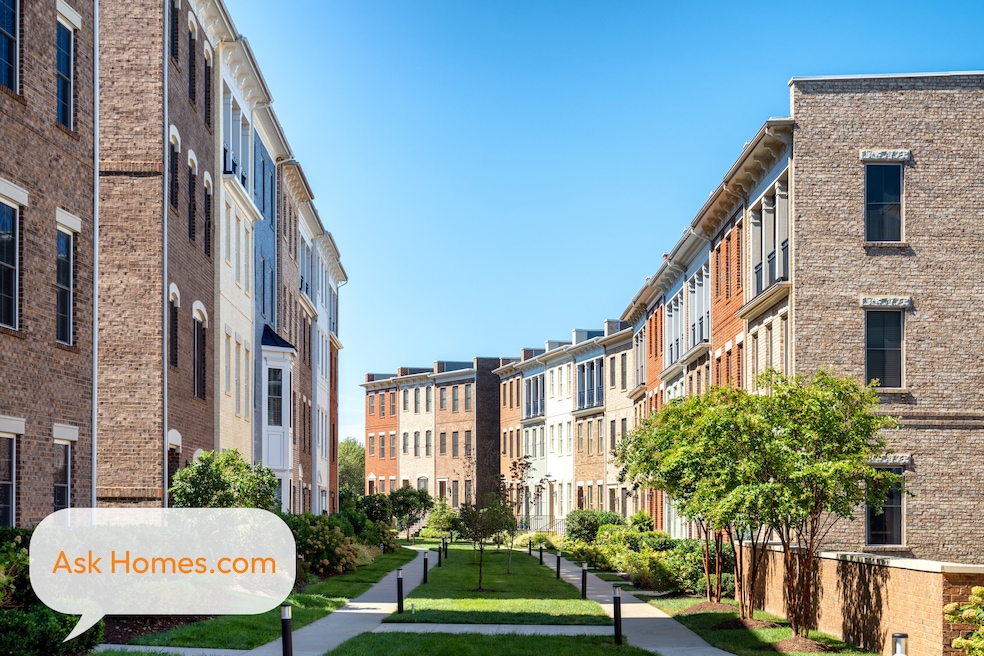Many residences are part of neighborhoods loosely governed by a homeowners association, or HOA, comprising a handful of owners responsible for the management and care of the community. The groups assess periodic fees to cover maintenance of common areas and other community needs. HOAs are the topic of today's column.
The question was edited for length and clarity.
Q: I purchased my condo in 2017 and had HOA fees of $525. Now they are up to $970. I’m still not sure what I could have looked for in the HOA packet to warn me. So, what should you look for in a healthy HOA? What are red flags to pass on a property with a bad HOA? — Terry
A: Associations collect monthly or quarterly fees to manage commonly shared spaces and services — think landscape management, trash pickup, parking lot maintenance and lighting. While residents pay far more in the largest metropolitan areas, the average condo and HOA fee is about $135 per month, according to 2024 U.S. Census Bureau data.
Fees continue to rise along with the costs to maintain a community, said Jacob Gold, executive director of the Falls Church, Virginia-headquartered nonprofit Foundation for Community Association Research. The foundation produces research and provides guidance on association living.
"In the wake of things like Surfside, [Florida, where the condominium Champlain Towers South collapsed in 2021, killing 98 people], terrible things can happen when things are not funded properly," Gold said. "Prices go up all the time. It’s unrealistic to have monthly assessments stay [the same] or go down."
HOA and condo assessment fees typically rise by an average of 2% to 5% annually, Gold said. Fees need to rise since maintenance costs and services usually inch higher over time. If association leaders maintain the status quo in fees for years, residents should prepare for a significant increase in costs.
Red flags
Buyers and owners can get a health check on an HOA's financial standing by reviewing several documents.
Start with reserves, said Alessandra Stivelman, a partner at Hollywood, Florida-headquartered Eisinger Law. Reserves serve as a savings account for associations to update amenities and shared elements, such as a roof. Also, ask for three years of board meeting minutes and financial documents going as far back as five years to catch any loans or special projects. Read up on any special assessments or improvement projects in the works. Understand the financial responsibilities this may bring to a new owner.
"Make sure it’s going to be a good investment," Gold said. "Make an informed decision. Don’t just buy it, because it looks nice."
What you should check
- Property liability insurance. An insurance expert or lawyer could help you understand the paperwork. Stivelman said if an association doesn't have coverage, it may be a sign the community was dropped for failing to make payments or having too many claims. Some mortgage lenders may require proof of coverage. What are the premiums? What is the deductible?
- Fines or liens. Ask the real estate agent and association if any fines have been levied against the development.
- Owner-occupancy/leasing. Some associations restrict or regulate whether owners can rent out their residences for the long or short term.
- Common areas. Know who is responsible for maintaining common areas and outdoor spaces, including landscaping.
- Board member retention. Is there a high rate of turnover? That might mean there's unstable leadership.
Check for rules and restrictions on: paint colors, yard maintenance, plant types and tree placement, the prohibition of recreational and commercial vehicles, noise and parties.

